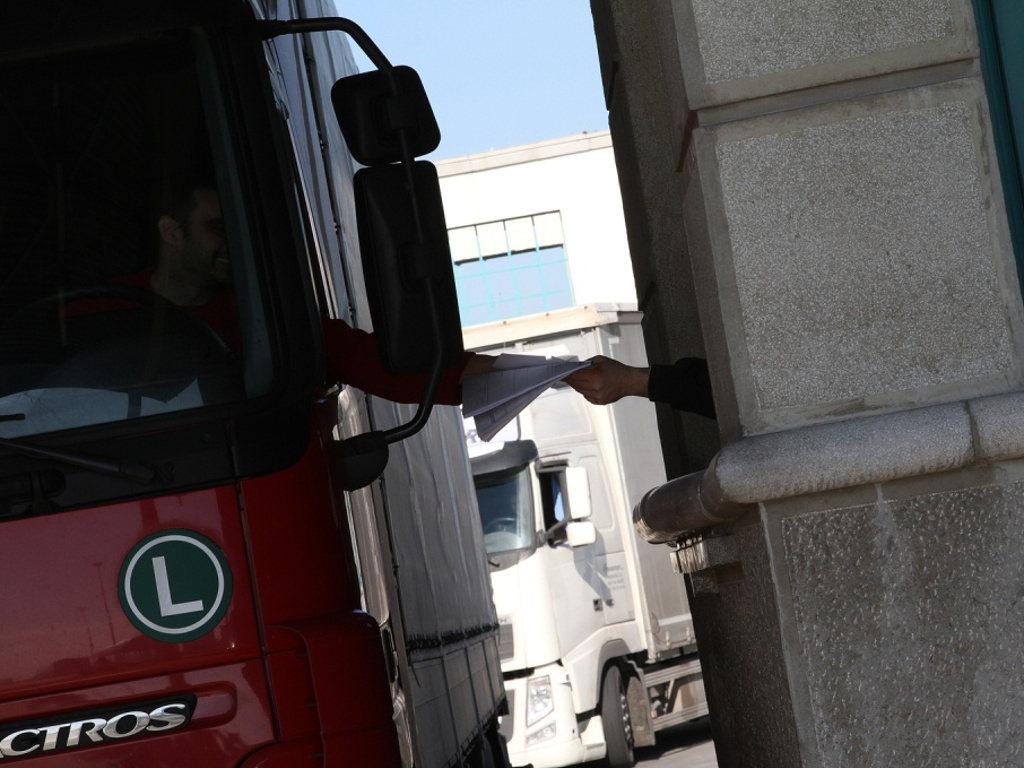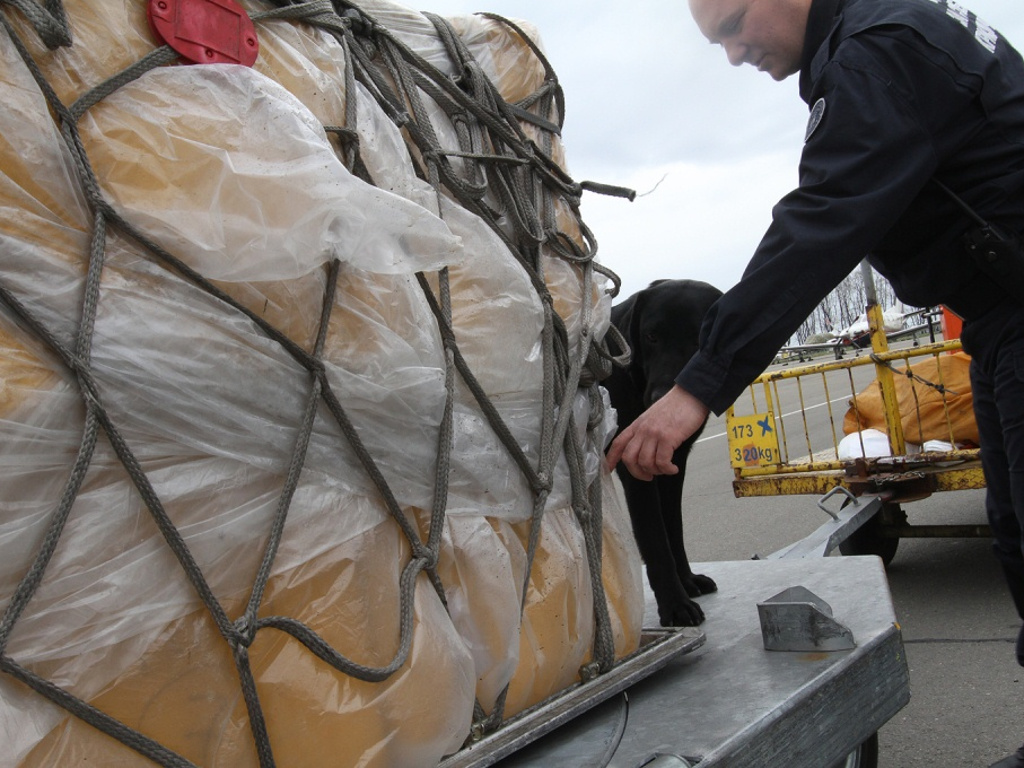January 2015 to see electronic customs - New computerized transit system sends paper documentation to history
 Friday, 19.12.2014.
Friday, 19.12.2014.
 11:57
11:57

Customs area of Serbia is the only one that halts the safe goods transport in this region and Corridor 10. With the implementation of New computerized transit system (NCTS), our country will join EU, CEFTA countries and Turkey which use this customs procedure.
According to the plans of Customs directorate, In January 2015, Serbia should set up NCTS, i.e. to replace paper documentation with electronic completely.
Thus, according to the assistant head of Customs directorate of Serbia, Veselin Milosevic, it will develop cooperation of customs administrations so that information on goods, transport means and value would be known ahead as well as risk analysis.
NCTS is, according to him, precondition for EU membership and 28 countries in EU, CEFTA and Turkey use it.
Milosevic adds geostrategic position of Serbia is of extreme transit character since our country is in the center of the Balkans, i.e. it connects SEE countries with central and west Europe.
Pilot stage results
NCTS pilot stage in the Republic of Serbia started September 23, 2014 and now all branch ofices are included in the new system thanks to the efforts of the Customs directorate.
The Customs directorate, as they say, offered every kind of support to business for NCTS usage: education for shipping and forwarding companies and transporters as well as free of charge application for SMEs.

In a wish that all users have the same conditions of customs business, the Customs directorate of the Republic of Serbia in November announced free web application for access to New computerized transit system, https://eccgw.carina.rs/ncts/. The application is first of all planned for SMEs i.e. to those who, due to lack of the funds could not procure it at the market. The interest to access the system is huge since, so far, according to data of the Customs directorate, more than 50 companies expressed the wish.
e-customs saves money and time
Until NCTS is implemented in the Republic of Serbia, transit procedures will slow down, customs labels in paper will be used, with an increased number of banking guarantees which results in goods transport increase. Successful NCTS implementation would contribute to further competitiveness increase of Corridor 10 compared to others in the region and thus generate positive financial effects for the Republic of Serbia (through greater engagement of banks, exchange offices, catering facilities, car services, gas stations, payment of road taxes and other things).
Transporters also look forward to electronic customs
Nedja Mandic, president of the Chamber of Commerce "Medjunarodni transport i logistika" (International transport and logistics) also agrees that NCTS will facilitate business.
Marija Kambic


 Izdanje Srbija
Izdanje Srbija Serbische Ausgabe
Serbische Ausgabe Izdanje BiH
Izdanje BiH Izdanje Crna Gora
Izdanje Crna Gora


 News
News








